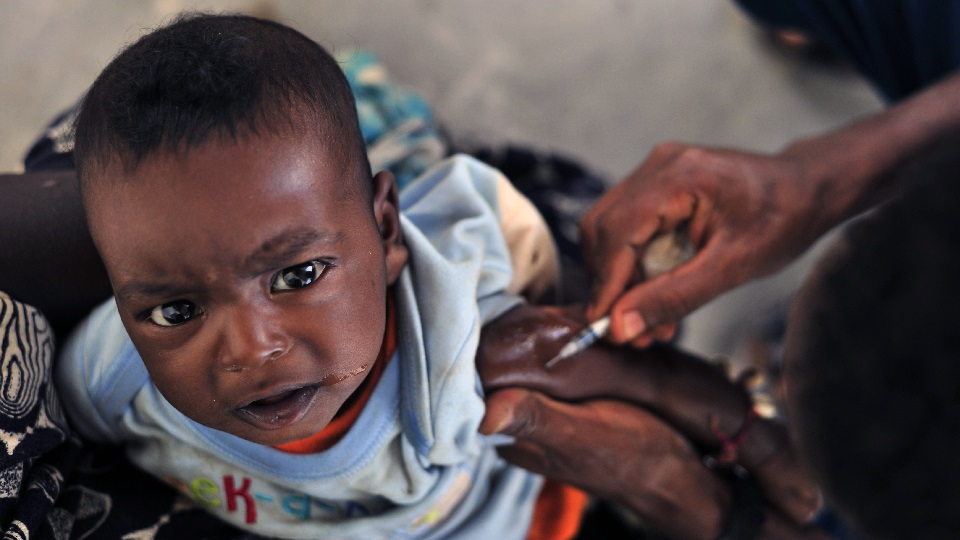Measles not a huge concern for Singapore
Published: 30 Apr 2018

Measles is a highly infectious disease caused by a virus in the paramyxovirus family, and the recent outbreak of measles in Japan and Taiwan have raised concerns about the disease in Singapore.
The symptoms of measles include high fever, a runny nose, coughing, red and watery eyes and rashes. The infection can be passed through direct contact or through the air, and can lead to blindness, ear infections, severe diarrhoea or even death. Rashes can occur up to 14 days after virus exposure.
However, the outbreak of measles is unlikely to be a concern in Singapore due to the country’s immunisation programme. Under the Infectious Diseases Act, children must receive two doses of the combined measles, mumps and rubella (MMR) vaccine, the first at 12 months of age and the second at 15 to 18 months. These doses usually grant lifelong protection against measles.
A measles outbreak in Singapore is also improbable because of “herd immunity”, according to NUS Medicine alumnus, Dr Leong Hoe Nam, who is also an infectious diseases physician at the Mount Elizabeth Novena Hospital. This occurs when a large proportion of the population is already vaccinated, decreasing the chances of the virus spreading.
While herd immunity can be diluted if there is a huge influx of unvaccinated residents, people who have been vaccinated do not need to worry when travelling abroad to affected countries, Dr Leong added. However, unvaccinated travellers should receive at least one shot of the vaccine before travelling to these countries, and should avoid crowded places, hospitals and clinics during their visit.
News Coverage

